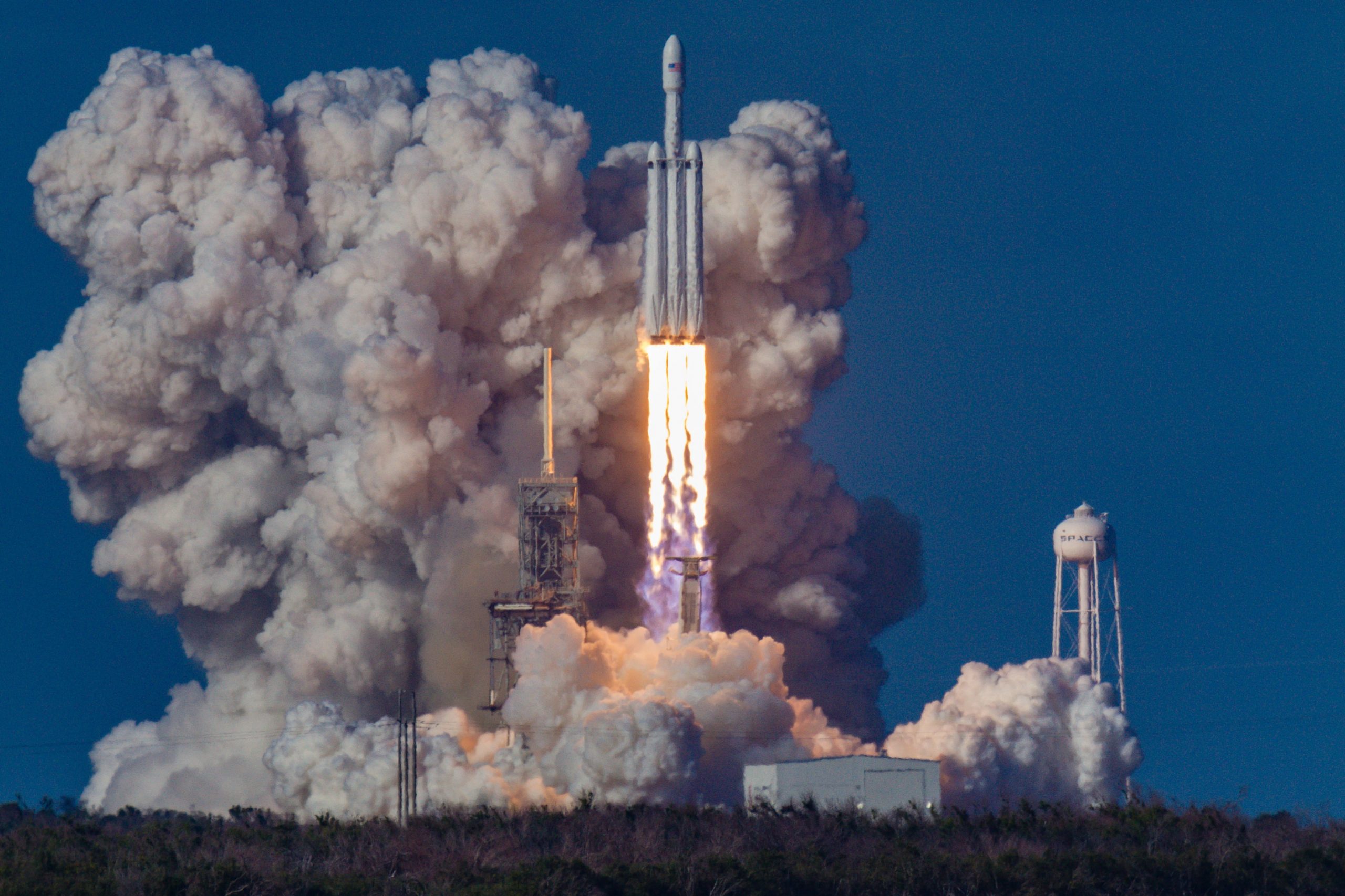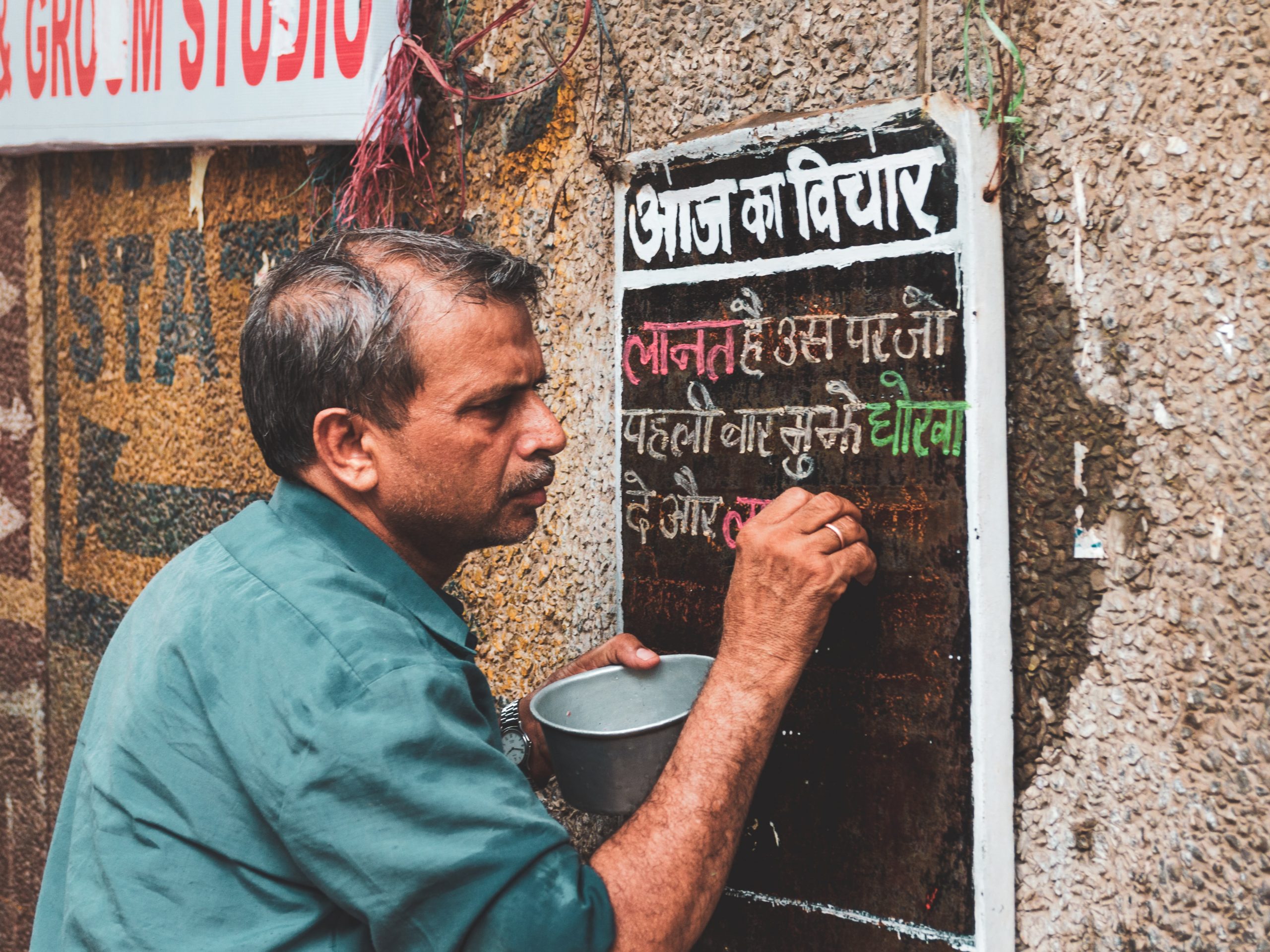Commercial Space Travel, boon or bane?
by Ria Pandit, BMS’24
“Papa, do you know how big the space is?”
– “Very big”
“Will you take me there?”
– “Not everyone can go there, for that you need to be an astronaut”
“Is that so? Papa, I decided something”
“I want to become an astronaut”
Time changes, doesn’t it? Gone are the days when you actually needed to be an astronaut to go to space. ‘Adventure’ excites all of us, we are all driven by the thrill we get in exploring the unknown. Space has always been a fascinating topic, there exists a ton of unanswered questions and possibilities like How big is the universe? Do aliens really exist? Will the Sun die out? etc. Thus, Space Tourism is a win-win situation for all adventure and thrill seekers.
Recently, there has been a huge burgeon in the space tourism sector. The big market players are actually seeking to give the tourism sector a whole new perspective, taking advantage of the perception of thrill and excitement which people associate with space. According to reports, adventure tourism is one of those tourism sectors which has witnessed exponential growth. Additionally, a boost in space tourism will also boost the world’s economy. It will create new employment opportunities for people.
There was a time, we used to narrate imaginary stories of flying to space and building hotels on the moon but the recent advancements in the space tourism sector have made this really possible.
Jeff Bezos, the former CEO of Amazon and the founder of Blue Origin had the vision of building hotels, setting up amusement parks and establishing a colony on the moon. He founded Blue Origin in 2000 which aims to make access to space cheaper and safer. On April 29, 2015 it launched its first developmental test flight, the New Shepard. In the most recent development on 21st, June 2021, Jeff Bezos with three other people took the first step towards his dream, they blasted into space on his company’s New Shepard Rocket. The journey was of approximately 10 minutes, it reached an altitude of about 66 miles, it was completely automated and required no staff onboard. “My expectations were high and they were dramatically exceeded,” this is how Bezos described the whole experience.
“I was once a child with a dream looking up to the stars. Now I’m an adult in a spaceship looking down to our beautiful Earth.” This is what Richard Branson, the British Billionaire and the founder of Virgin Galactic, tweeted after his space travel. Virgin Galactic is an American spaceflight company which aims to become the world’s first commercial space line. On 11th July, 2021 The businessman, accompanied by the vehicle’s two pilots and three Galactic employees, rocketed to the edge of space. This made him a pioneer of the space tourism sector, beating Blue Origin’s Jeff Bezos and SpaceX’s Elon Musk. His Virgin Galactic rocket plane had taken off for a 1.5-hour mission, reaching the height of 53 miles. The trip for him was an experience of a lifetime. Just recently, Virgin Galactic reopened its space tourist ticket sales for a limited time. It made the idea of going to space a more tangible reality for many.
Though the recent developments have made the world excited and has given a completely new dimension to adventure tourism, it still remains a Billionaire’s Game. Ticket for Blue Origin’s 10-minute space flight auctioned for $28 million. Virgin Galactic opened its space ticket sales for $450,000. The NASA audit estimated that the per-seat cost of the SpaceX Crew Dragon comes to $55 million while Boeing’s Starliner adds up to $90 million. This brings forward the harsh reality, not all adventure seekers, not all space lovers can actually make it to space, what you actually need is cash.
Space Tourism might be very innovative and exciting, but we shouldn’t forget about the risks involved as the technology is yet to be called safe. Space travel has a precarious past, Feb 1 marks the death anniversary of Kalpana Chawla. She was one of the seven astronauts who died on board Space Shuttle Columbia after it disintegrated during its re-entry in the Earth’s atmosphere. People might think that this was an event of the past and that the technology has improved but this isn’t wholly true. In the past few years, the industry has experienced many catastrophic failures — rockets exploding, test flights crashing, resulting in the death of pilots, events like these keep happening. It still is a risky endeavour for both humans and the planet.
Space Tourism can open a lot of new avenues, it can provide us with additional resources, it may help us find extra-terrestrial life, new minerals, precious materials, potential hazards of our planet, it may help us in finding other planets where life can exist and thus reducing the burden on earth and as said by Jeff Bezos, these explorations might help us in disposing waste in space and making earth a greener planet.
Being in a nascent stage, there’s lack of government regulations and inadequate safety protocols, which makes it a dangerous venture. Space travel is dangerous not only for us but the whole planet, scientists worry about the amount of soot or black carbon emissions during rocket launch. This soot gets accumulated in the stratosphere and it cannot be washed away by rain or winds, it may stay there for years causing more climate change.
In my opinion, space tourism is a great achievement but it also brings forward many issues. In the time of Pandemic when the whole world was suffering, people lost their loved ones and many lost their jobs, a huge sum was spent on space travel. I feel space travel should only be for experimental purposes and not for adventure tourism. We have already caused havoc on earth, it’s high time that we stop now. Many countries are now spending on reducing space waste, on making wooden satellites etc. In such a scenario, instead of trying to make life possible on other terrestrial bodies we should actually focus on how we can reduce the burden on earth and make it greener and healthier.




Comments